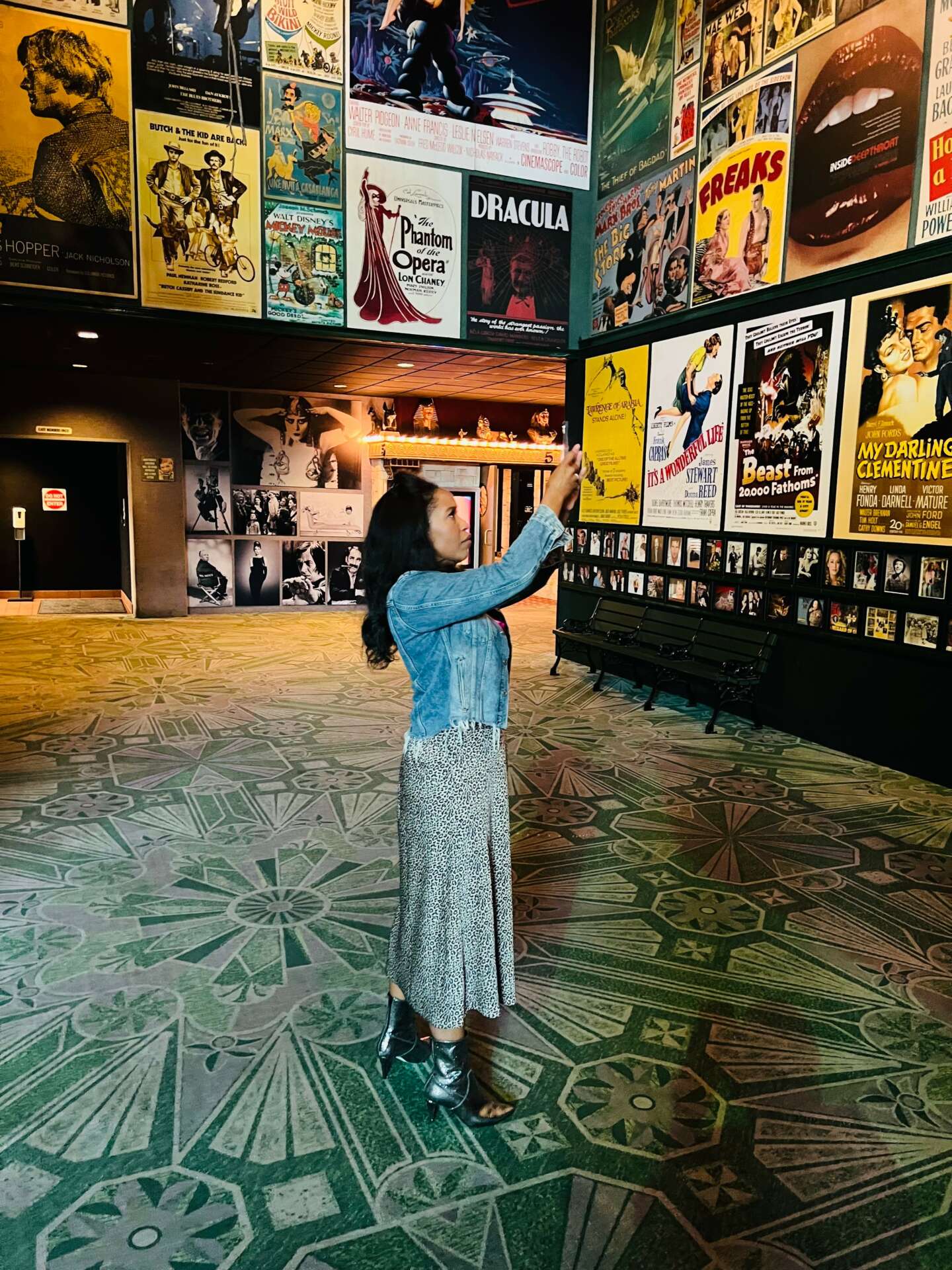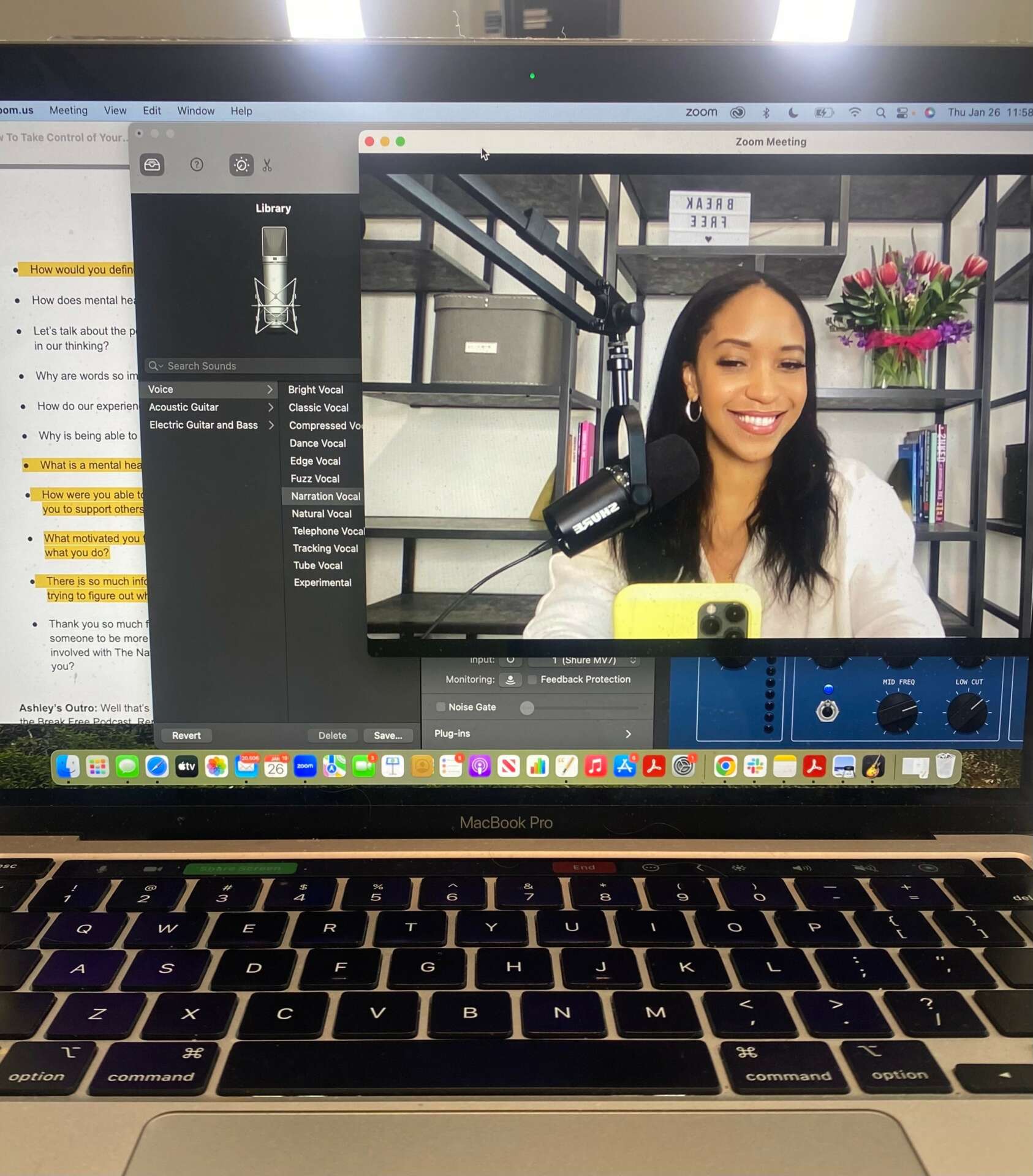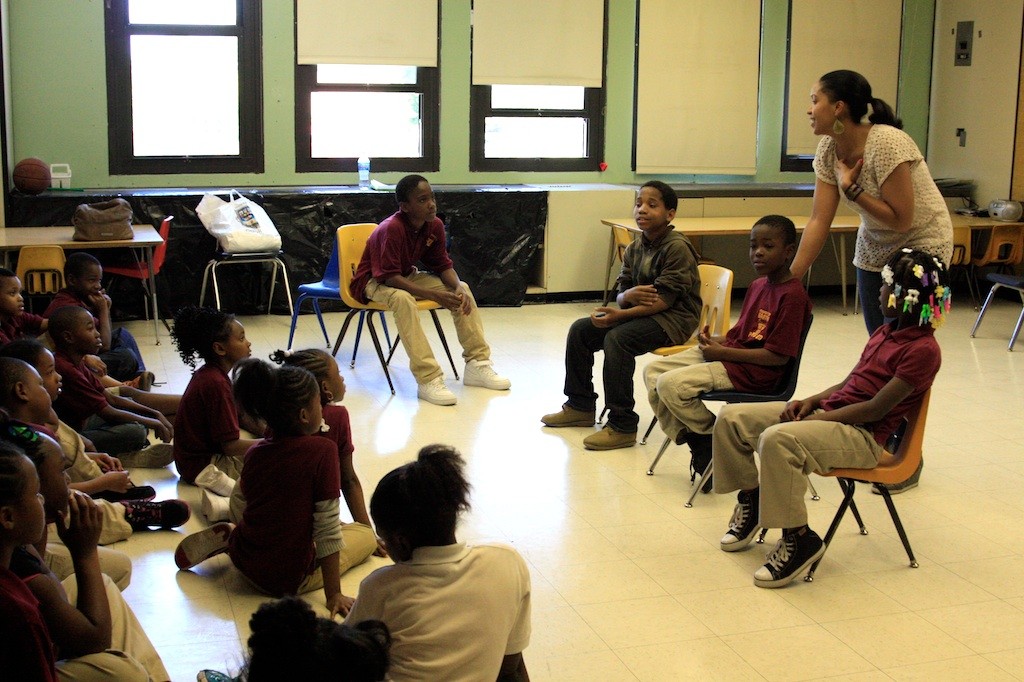Alright – so today we’ve got the honor of introducing you to Ashley Winston. We think you’ll enjoy our conversation, we’ve shared it below.
Ashley , looking forward to hearing all of your stories today. What was it like going from idea to execution? Can you share some of the backstory and some of the major steps or milestones?
For fifteen years, I was an independent contractor working in various organizations. My skill set at that time predominately landed me opportunities in education, so I spent many days traveling to multiple schools across the Chicago land area, providing what would be considered today as arts education services. I was a teaching artist. For those reading who may not be aware, a teaching artist is a professional artist with a dual career as an educator. The artistic field I came from was theater and creative writing, although I dibbled and dabbled in film, dance, and music. I used the art forms as a catalyst to bridge the gaps in various learning and literacy skills, including critical thinking, communication, collaboration, and leadership.
Often my day would look like traveling to three to five schools, working with classrooms of around thirty-five children from kindergarteners to high schoolers. I enjoyed my work, but it was exhausting. In addition, I had minimal support and resources to fuel my passion and desire to make a more meaningful impact in the lives of children and young adults. And after fifteen years of serving thousands of children and a myriad of organizations, I found myself at the ceiling of what my career as a teaching artist had to offer me. In addition, life’s whispers told me it was time to move on. I was beginning to outgrow some of the environments I once felt comfortable in, and my unwillingness to shift was starting to create an internal conflict that was beginning to show itself externally. From a financial standpoint, I didn’t need the money I was making from traveling to all those schools anymore because my skill set had started to pique interest from other industries. However, I was still showing up every day until I could no longer ignore life’s whispers because it turned into a challenging situation that forced me to end a contract.
For a while, I was sour about how things played out because I enjoyed my work, so for two weeks, I stopped working entirely and vegged out, which ended up looking like eating a lot of ice cream. I started praying and seeking God about my next career move, and through his guidance, I was prompted to create a small group for women at a coffee shop across the street from the house I was living in at the time. I remember thinking, “God…what in the world does drinking coffee and counseling women have to do with my career in arts education?” But I obeyed anyway and rented a room to meet with the women. The next challenge I had to overcome was figuring out where these women were coming from. I was prompted to list all the women I could think of that might be interested in attending my small group. I wrote thirty-one names on a list. I received some sales training earlier in my career, so I dug that out, studied it, mustered up the courage, and made those phone calls! Some were friends, neighbors, and women from my church. I remember the first few phone calls I made, and they graciously declined. I was very discouraged but kept calling. Finally, a woman suffering from a damaged marriage showed interest in my women’s group. As a result of her failing relationship, her esteem, life, and business took a tremendous hit. She asked me about the content of my program. I thought about it for a minute and felt a rush of faith as I quickly remembered my work with students, articulated my value, and how my skill set from working with schools would seamlessly transfer to working with her and other women. After all, I am a woman and could relate to the issues many were facing because I had a history of relationship disappointments and challenges.
She said, “Count me in and sign me up.” I was thrilled, and my entrepreneurial journey had begun. She then started to name several other women who could benefit from my services. Between her list and mine, I ended up securing my first twelve clients, and I had replaced my annual income from working in the schools within twenty-four hours. I met with those ladies for ninety days. There were relationship breakthroughs, life and business results, tears, laughter, and lots of coffee drinking. My career had officially shifted in a new direction. The women expressed their need for more content after the program was complete. I prayerfully brainstormed and executed online courses, webinars, and workbooks to meet those needs until I hit my next ceiling and life whispered to me again.
Fast forward months and years later, and I have authored three books, worked with over fifteen thousand women and youth, ninety-eight organizations, contributed behind the scenes of major productions, and am the host of The Break Free Podcast, which has a global reach with listeners in Africa, Europe, Asia, and North and South America.

Great, appreciate you sharing that with us. Before we ask you to share more of your insights, can you take a moment to introduce yourself and how you got to where you are today to our readers
I am an author, multi-passionate entrepreneur, and business advisor. From classrooms to churches to corporations, I have worked with over fifteen thousand women and youth, fifty public schools, and over ninety-eight organizations, including Tacom, The Lyric Opera of Chicago, and McDonald’s Corporation. I have over twenty years of experience helping women, entrepreneurs, and executive leaders identify barriers and limiting beliefs keeping them from operating at peak performance and providing customized solutions to move them forward at warp speed. Over the years, I have helped to blueprint and assemble every aspect of starting, building, and growing a business.
I provide revelatory insight and counsel that helps individuals unlock their full potential through life and business coaching services and events. The results vary depending on the focus of the training and include, but are not limited to, increased confidence, building a better business, improving relationships, and accumulating wealth.
Alongside my life and business coaching endeavors, I have served on the mission field in Port-Au Prince, Haiti, and Hyderabad, India. Additionally, I have been featured in commercials, films, and television, including the talk show Rachael Ray, and worked behind the scenes of major productions. My multi-faceted background, authenticity, and business expertise have allowed me to equip, empower, and extraordinarily relate to people and leaders from all walks of life.
I am most fulfilled when helping the world navigate the wild adventures of faith, business, and life. I enjoy making what may seem difficult to many both possible and joyful. I am most proud of my willingness to soar into the unknown instead of settling for what’s familiar. And for turning painful experiences into purposeful actions that continue unlocking my destiny, inspire, and positively impact those around me.
I share the love, laughs, and lessons from those experiences as host of The Break Free Podcast, which has a global reach with listeners in Africa, Europe, Asia, and North and South America. And through my three books, Break Free: Unlock Your God-Given Potential & Unleash Your Unstoppable, You Are Enough, and 7 Secrets to Living Your Best Life, a guide to help you overcome your obstacles and create a life you love.


Learning and unlearning are both critical parts of growth – can you share a story of a time when you had to unlearn a lesson?
Boundaries are crucial for personal and professional success. It’s one of the most important parts of manifesting and maintaining optimal results in your business, but they are also critical to your emotional well-being and relationships. Boundaries are tools for protecting your time, energy, capacity…basically everything. Warren Buffett once said “The difference between successful people and really successful people is that really successful people say no to almost everything.” It’s true. Any self-made billionaire has undoubtedly gotten a few things right. Instead of doing things you don’t want to do because you feel obligated or giving people your emotional energy because you have before or again, feel like you should. Boundaries help us engage with people in ways that cultivate emotionally healthy connections. They protect relationships. But we have to put them into place. And this took a lot of work for me to learn and implement as an entrepreneur. It was a muscle I had to develop and that I continue to strengthen daily. I know this can be difficult for a lot of people, but it’s absolutely necessary. One example of a boundary you could set is a time boundary. Let’s say you plan on doing something with your time today to get you closer to your dream life or business. But before you begin doing it, a friend asks you for an unplanned favor. Seems harmless right? Until it becomes a habit. If you continue to neglect your responsibilities, over time, you could become resentful of the friend whose needs you have repeatedly put above your own. In addition, you could become discontent with yourself because of your lack of progress.
Scenarios like the one above will eventually fill your heart with negative emotions like frustration, bitterness, confusion, etc., stopping you from operating at your full capacity and negatively affecting your bottom line. Eventually, you must learn how to draw a line in the sand. You can either “make an exception” and continue to help this person because they are your friend and therefore put their immediate wants over your personal and professional needs, plans, responsibilities, etc., or you can create a boundary and say no. There are priorities that you need to handle in your life and business. As an entrepreneur, you must have enough wisdom, courage, and self-love to understand and clearly articulate your needs. In addition, know that the actions required to get you there are more important than someone else’s requests. I know this can seem selfish to some, but if you don’t do what you need to do for yourself, you won’t be well enough to serve others. And eventually, that will lead you to burnout and exhaustion. I had to learn and practice this repeatedly in my career. I watched so many women overextend themselves in service to others that it became my reality, and I thought this was normal. I wanted to avoid rocking the boat and coming off too strong, so I neglected to communicate my needs. That was a mistake. It takes courage to set boundaries, but they are your responsibility. Like anything, it becomes easier over time.
How do you keep your team’s morale high?
When managing teams, it’s essential to understand that everybody has different learning and communication styles and preferences. I think it’s crucial as a leader to slow down and make time to get to know your people and to help them get to know each other. I think a lot of times in business, there can be a lack of trust in teams, and as a result, there can be a lot of breakdowns in communication. Still, when teams learn to value their strengths and support each other in their weaknesses, they become more effective. You can only do that by having vulnerable conversations and creating a work culture that allows people to show up authentically and is a safe place for people to fail. I also think it’s important to cultivate a culture within your business that puts a healthy demand on the potential of the individuals and the team overall. Because potential doesn’t come out on its own, it needs a certain amount of pressure to manifest. When people see their potential realized, supported, and appreciated, they perform better and are more likely to provide that same feedback and encouragement to others. I also think it is important to lead by example. Most often, the organization’s culture will reflect the leadership, so leaders need to continue pursuing and participating in professional development experiences that help them grow and be accountable for the advancement of themselves and the organization. And it’s vital for them to also provide those same opportunities and resources for their teams. In addition, making it clear within your organization that everyone’s voice matters and that you are open to their ideas and feedback is critical for maintaining high morale. When people know and understand that their voices matter within your organization and how it operates, they are likely to show up consistently and give their best efforts.
Contact Info:
- Website: https://theashleywinston.com
- Instagram: theashleywinston
- Linkedin: https://www.linkedin.com/in/theashleywinston/
Image Credits
There are no image credits


